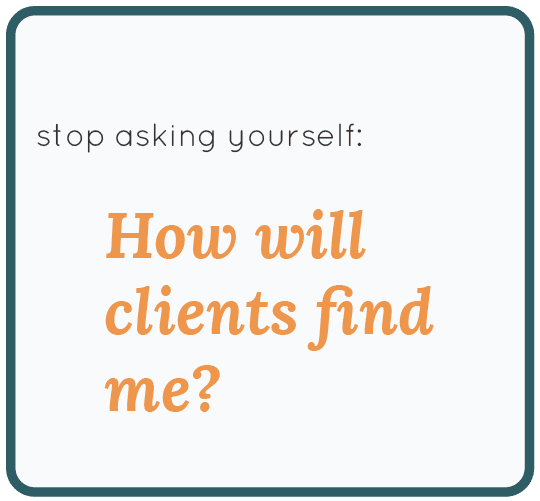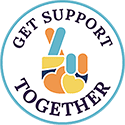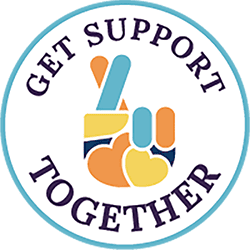List Your Mental Health Services where People are Looking
Whether you lead a small community support group, run a recreational therapy program, provide one-on-one counseling, or manage a full network of residential treatment centers, you’ve built something valuable. Get Support Together helps people discover the specialized care you offer — from your therapeutic approach and treatment focus to the communities you serve. Our advanced filters make it simple for potential clients to find a provider who truly fits their needs.
Sign up now while we’re in beta testing — it’s free to join, and nonprofits offering 100% free services stay free forever. Paid programs enjoy a complimentary premium listing until we reach 5,000 providers nationwide.


